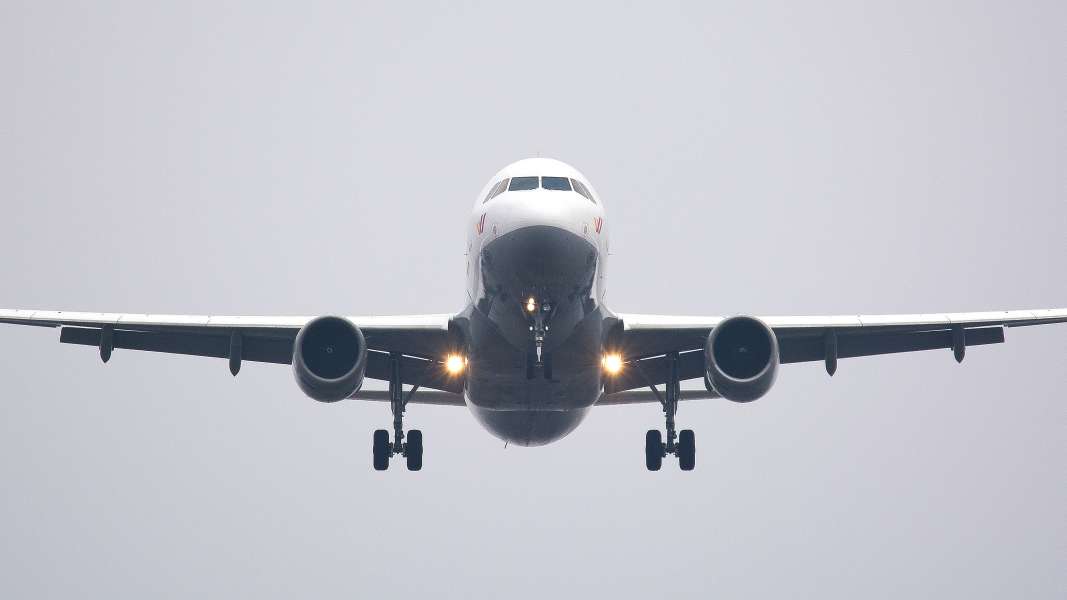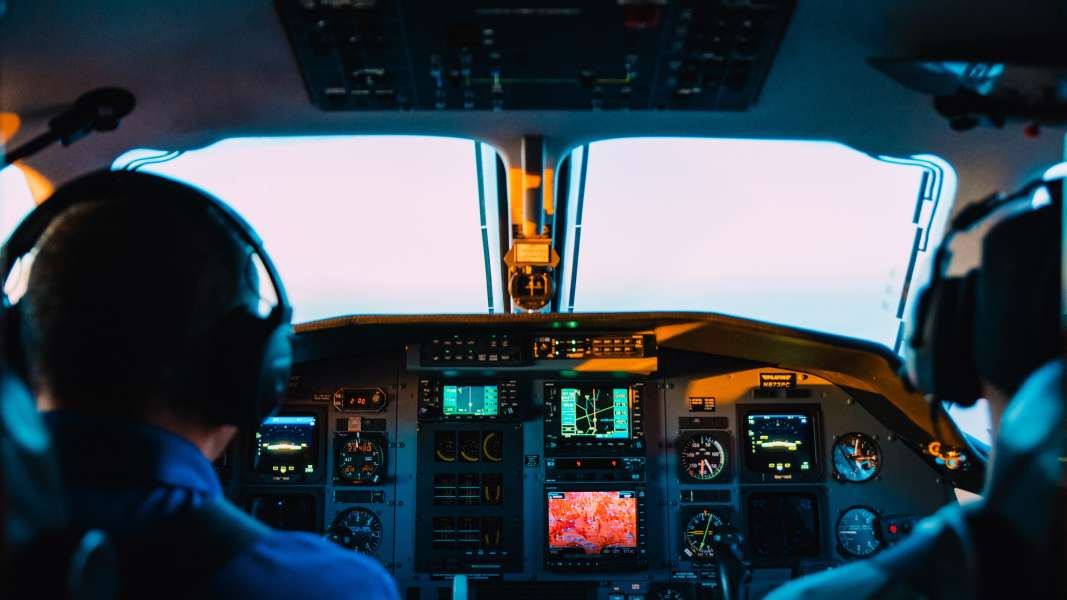What is the pilot skills test?
Pilot skills tests are psychometric assessments that evaluate whether an individual has the required skills and attributes to become a pilot.
Pilots require several skills and competencies to succeed in their role, such as:
- Spatial and perceptual awareness
- An understanding of physics
- Numerical aptitude
- Communication skills
- Hand-eye coordination
- Ability to manage multiple tasks simultaneously
- Ability to keep calm in pressure situations
The test is used by several major airlines such as Virgin and American Airlines and enables recruiters to objectively shortlist candidates who demonstrate these essential competencies.
Using the test means that recruiters focus their later recruitment efforts on only those who are likely to succeed in the rigorous training and development to become qualified as a pilot.
While there are different types of pilot skills tests, the test structure is usually formed of different sections, each assessing a different skill or competency.
What do you need to know to become a pilot?
In addition to knowledge of the aviation industry and aviation instrumentation, being an effective and successful pilot means drawing on several skills and competencies. These include:
Physics knowledge
Understanding how an aircraft works both on the runway and in the air requires pilots to understand the basic physics principles such as aerodynamics, motion, force, and velocity. Having this awareness and practical knowledge means that as a pilot, you know the theories and practicalities of the workings of a plane and can draw on this knowledge as needed.
Spatial awareness
Determining altitude and awareness in relation to horizons requires pilots to be spatially aware and possess strong perceptual awareness.
Numerical reasoning
As a pilot, you need to review and interpret data, create flight plans, understand instrumental data, or calculate the required amount of fuel needed for the flight. Being comfortable working with numerical data is an essential aptitude for all pilots.
Communication skills and verbal reasoning
Pilots communicate with various people in their role, including air traffic controllers, cabin crew, and the pilots they are directly working with. The ability to clearly and concisely communicate your message while remaining calm under pressure enables pilots to carry out their responsibilities effectively. Listening actively is also essential, as is the ability to understand and interpret written information.
Multi-tasking and keeping calm when under pressure
Carrying out instructions from air traffic control while looking at data gained from flight instruments requires pilots to have the ability to multi-task.
What‘s included in the pilot skills test?
The pilot skills test is a timed test that assesses individuals on the essential skills, knowledge, and competencies needed to be a pilot.
There are several pilot skills tests that individuals may sit on depending on the airline they have applied for, with each test having its own time limit.
Generally, each type of test comprises different sections, each assessing a specific skill or competency. It is important to note that the test is not about determining a candidate‘s understanding of how to fly an aircraft but assessing the attributes needed to perform effectively as a pilot.
The skills assessed in the pilot skills test include:
Psychomotor testing
In this section, individuals are assessed on their motor skills and hand-eye coordination. Candidates could be evaluated using a joystick to measure reaction times and movement accuracy.
Aptitude testing
This test section evaluates individuals‘numerical reasoning, verbal reasoning, and spatial awarenessabilities. Question types will differ according to the ability being assessed. For example, questions assessing a candidate‘s numerical ability will be presented in graphs or charts. Questions assessing spatial awareness may be presented as patterns or shapes, while verbal reasoning questions take the form of short paragraphs of text. All questions are multiple-choice questions.
Physics and aviation knowledge
Questions are asked that assess individuals‘ understanding of the laws of physics, such as motion, velocity, and force. Basic aviation knowledge is assessed, for example, an individual‘s knowledge of aviation instrumentation.
What are the benefits of taking the pilot test?
The pilot skills test is an essential part of the recruitment process for all pilots. Given the high cost of training individuals to become pilots and the continuing professional development costs, airlines must ensure that those they recruit demonstrate the attributes needed to succeed in both the training and the role.
The pilot skills test enables recruiters to determine which candidates in their candidate pool are suitable to invest in. Those that score highly on the test are shortlisted for the next stage of the recruitment process. Those that do not are eliminated from the process. Individuals that score highly can find that their training costs are fully paid for or subsidised by the airline company they have applied for.
How you can ace the pilot skills test
The pilot test is designed to be rigorous in assessing the essential skills required of a pilot. There are several things that you can do so that you perform to the best of your ability in the test.
Practice using sample questions
Before taking the test, it is vital to practice tests. Practicing means that you become familiar with the format and the types of questions included in the test. When taking the test, always practice under timed conditions. Doing so means that you become accustomed to how you react under pressure and can use strategies to keep you calm when taking the actual test.
Study
The pilot skills test assesses your knowledge of the aviation industry and basic physics knowledge. Review study material on the aviation industry concerning aerodynamics and basic flight instrumentation to familiarise yourself with the instrumentation pilots use. It is also essential to refresh your memory on the basic principles and laws of physics, such as those relating to force, motion, and velocity.
Research the airline you are applying for
Each airline differs in its values, mission, and principles. To demonstrate commitment to a career with the airline you have applied for, it is important to research the airline. Be clear on why you have applied to the particular airline and how their values and mission statement align with yours. Doing so demonstrates to the airline that their investment in your pilot training will benefit you both.
Manage your time
The pilot skills test is a timed assessment. Managing your time effectively gives you the best opportunity to complete all the test questions. Remember that marks can only be awarded for correct answers, so the more questions you answer correctly, the better your chance of a high score on the test.







